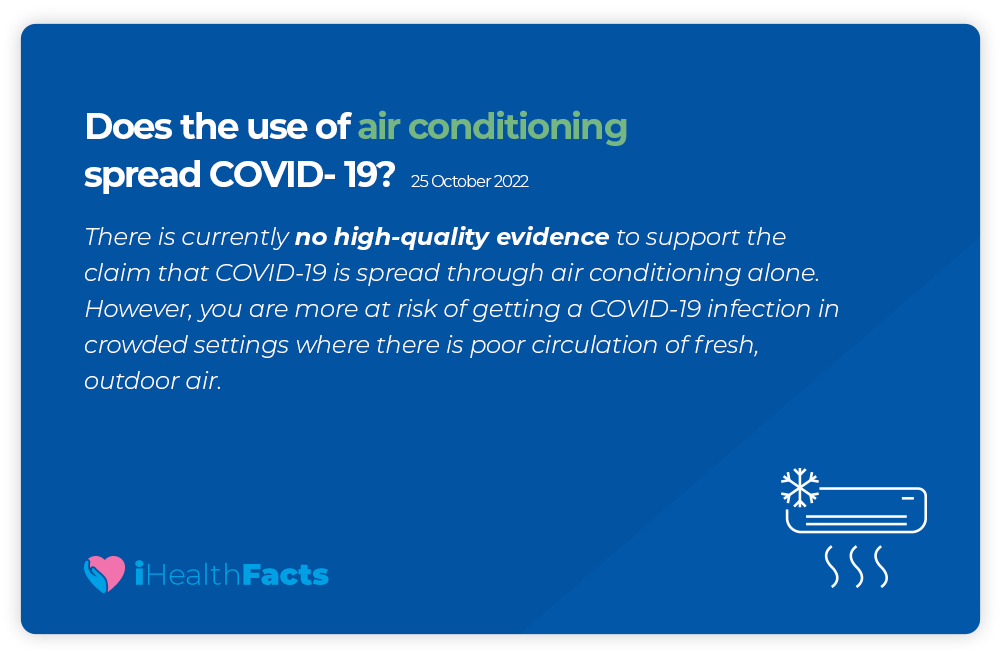- Lead Researcher: Dr. Claire Beecher, HRB-Trials Methodology Research Network & Evidence Synthesis Ireland, University of Galway
- Reviewed by: Prof. Declan Devane, School of Nursing and Midwifery, HRB-Trials Methodology Research Network, Evidence Synthesis Ireland & Cochrane Ireland, University of Galway.
- Topic Advisor: Prof. Andrew Murphy, General Practice, University of Galway, Health Research Board Primary Care Clinical Trials Network Ireland
- Public and Patient Advisor: Anne Daly, PPI Ignite, University of Galway.
- Journalist Advisor: Dr. Claire O’Connell, Contributor, The Irish Times.
Conflict of Interest Statement: The authors have no financial or other conflicts of interest for this health claim summary.
